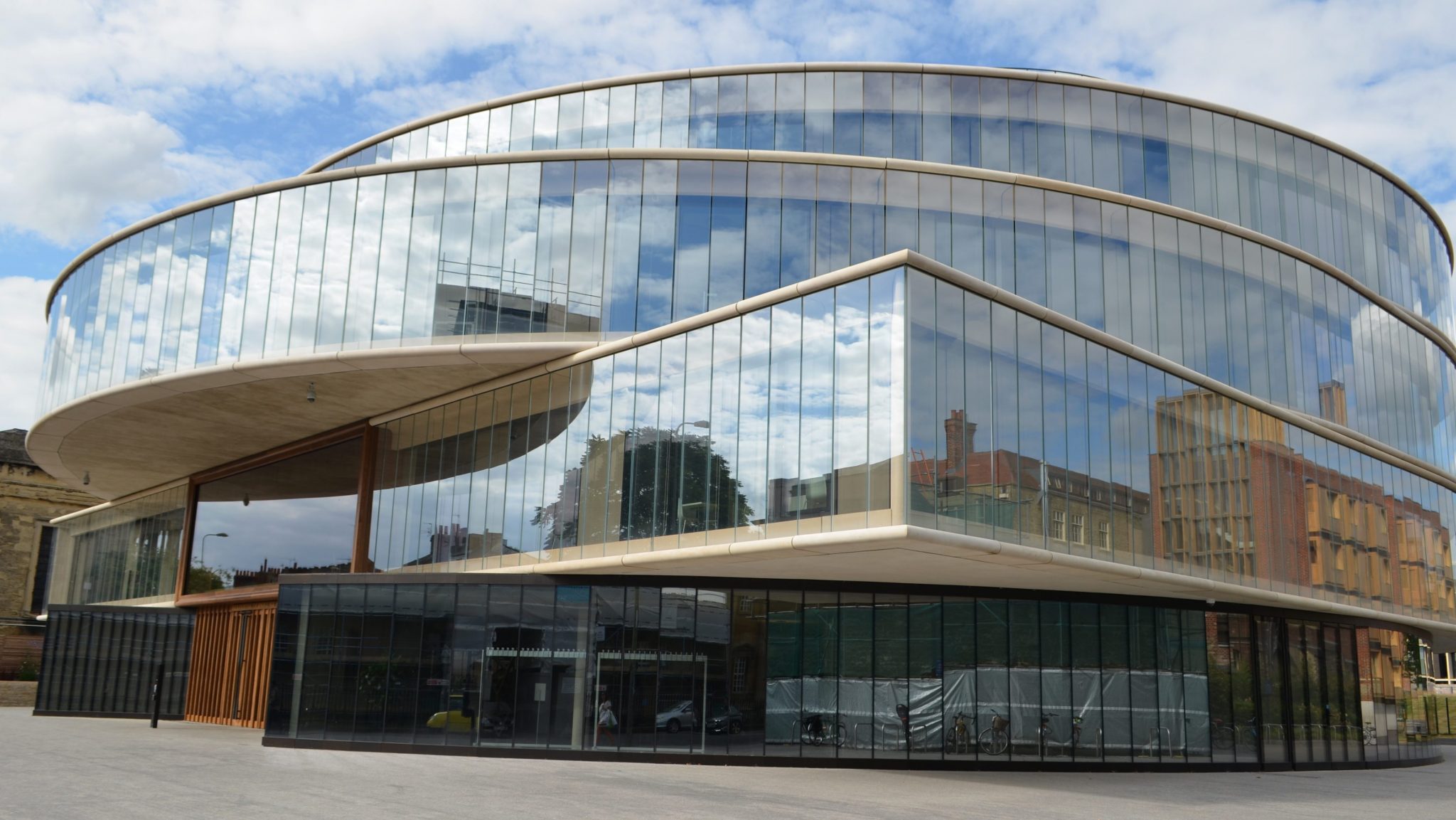The Blavatnik Awards for Young Scientists have recently announced this years’ winners, with Oxford University Professors Timothy Behrens and Elanor Stride recognised for their work in Neuroscience, and pioneering cancer treatment.
The award recognises excellence in life sciences, physical sciences & engineering, and chemistry, with a jury of leading UK scientists selecting three laureates and two finalists to receive the largest unrestricted cash prizes available to scientist under the age of 42.
Professor Behrens of the Nuffield Department of Clinical Neuroscience at the University of Oxford will receive £75,000 for his development of ground-breaking models for mapping the brain’s electrical signals. Prof Behrens’ work has had large translational implications for how doctors provide brain surgery, using innovative computer models that also have large application in the field of artificial intelligence, and the diagnosis of mental health conditions. The junior research fellow said he was “completely thrilled and honoured” to be this year’s laureate.
Finalist Professor Elanor Stride’s use of microbubble technology has helped develop more effective cancer treatments, recognised by the scientific community in awarding her a finalist prize. Dr Brooke Grindlinger, Chief Scientific Officer for scientific Programmes & Awards at the New York Academy of Sciences speaks not only of Prof Stride’s radical clinical research in the use of microbubbles as targeted drug delivery vessels, but also of her innovative start-up company AtoCap which focuses on the treatment of chronic infections. The professor of Biomedical Engineering at St Catherine’s College is a “bold, young innovator improving lives and inspiring minds.”
Funded by the Blavatink Family Foundation and the New York Academy of Sciences, the award also involves the winners presenting an interactive lecture on their research at a public symposium in March. Other prizes were awarded for work in fields such as gravitational theory, fossil dating and atomic energy research.
The prize will “elevate these select scientists to an international stage that will enable them to be recognised globally,” says Sir Leonard Blavatnik, and will help the winners become established and recognised at what is a relatively early stage in their scientific career. The prize seeks to award and encourage young scientists who have taken big risks early on in their career, with many recipients going on to win other prizes later in their career.
In its third year, the Blavatnik Awards received 80 nominations from 41 academic and research institutions in the UK, and is part of a wider scheme including the Blavatnik Awards in the United States and the Blavatnik Awards in Israel.



